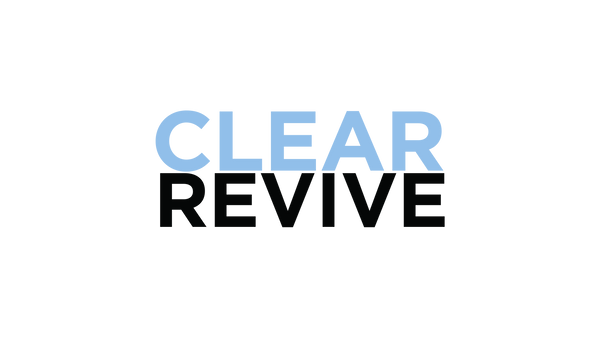You’ve got a stuffy nose that just won’t go away so you decide to try a nasal spray. Before you reach for prescription or over-the-counter (OTC) nasal sprays, it is important to know the risks associated with using medicated nasal sprays. Although nasal sprays are often effective in helping provide fast congestion relief, some varieties carry serious side-effects and risks ranging from permanent tissue damage to dependency. Here we outline some of the risks and alternatives.
The Risk
The risk associated with nasal sprays depends very much on the type of nasal spray being used and the duration of use. Most nasal sprays fall in one of 4 categories: saline, steroids, decongestant, antihistamine, and steroid.
Saline Nasal Spray
Saline nasal sprays are generally considered safe for regular use by both adults and children. Saline sprays work by loosening mucus in the nose and are made of sterilized water and salt. However, some saline nasal sprays contain other active ingredients or preservatives that might cause irritation, dependency, and bacterial growth with regular use. Look for “drug-free” or “saline” designation on the labels to ensure you are getting a pure saline nasal spray or choose an all-natural saline-based nasal spray like Clear Revive. Saline nasal sprays are used for both chronic and acute congestion associated with cold, flu, and allergies.
Steroid Nasal Spray
Steroid nasal sprays also known as corticosteroid nasal sprays contain corticosteroids that possess potent anti-inflammatory qualities. Steroid nasal sprays work predominantly by lowering inflammation in the nasal passages. Steroid nasal sprays are best suited for treating chronic congestion related to allergies or irritants and often take many days to produce the desired results. They are considered generally safe for long-term use in adults but can cause irritation, soreness, nose bleeds, difficulty breathing, dizziness, eye conditions like cataracts, and headaches. Steroid nasal sprays are available by prescription and OTC.
Antihistamine Nasal Spray
Antihistamine nasal sprays contain antihistamines that work by blocking a chemical called histamine that is responsible for producing allergy symptoms like runny nose and sneezing. Antihistamines nasal sprays are essentially an alternate mechanism for ingesting antihistamines as part of an allergy treatment regimen. Like steroid nasal sprays, antihistamine sprays also take a few days to take effect and are generally used for chronic congestion problems associated with allergies. Antihistamine nasal sprays are generally considered safe to use by adults and children over 2 years of age. The side effects include drowsiness, fatigue, and bitter taste in the mouth.
Decongestant Nasal Spray
Decongestant nasal sprays generally contain oxymetazoline or pseudoephedrine in their active ingredients. They provide congestion relief by shrinking the nasal blood vessels temporarily and are generally best to use for acute congestion associated with cold and flu. Although decongestant sprays are very effective in providing short-term relief, their long-term and improper use can pose serious health challenges like nasal spray “addiction” or tissue damage. Nasal spray addiction refers to rebound congestion and not a substance dependency. Essentially the frequent use of decongestant spray causes the person to need to use the spray more frequently to get relief. If the use continues, it can lead to permanent swelling of the nasal tissue and even permanent tissue damage and pain.
If you experience congestion shortly after using the spray, you feel like you need more than the recommended dose to get relief, or you feel like the spray has stopped working, stop using and contact your doctor as these can be a sign of rebound congestion.
Conclusion
Although nasal sprays often work very well in providing congestion relief, they contain side effects and in some cases serious complications like rebound congestion and tissue damage. A drug-free saline spray like Clear Revive is generally a safe choice for all ages including pregnant women. Another option is to use a neti pot or other home remedies for congestion relief. Check out our article on the “8 Best Home Remedies For Getting Rid Of A Stuffy Nose”.

